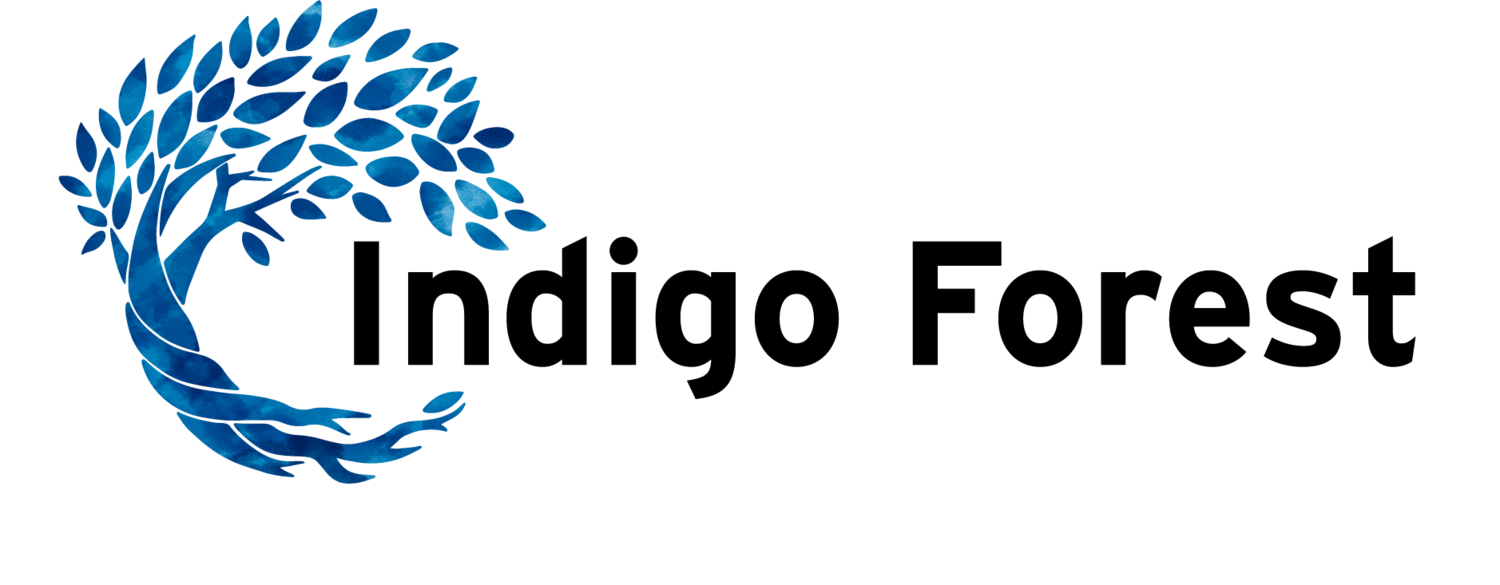Are you S.A.D.?
Seasonal Affective Disorder is very common during the colder months, especially here in Michigan where we have very little winter sunlight. This disorder is characterized as a depression affecting many people due to the lack of exposure to natural sunlight. It’s common for those who experience S.A.D. to feel very tired and want to sleep a lot more than usual, even though it doesn’t give them relief. Along with the lethargic feeling, many sufferers tend to have difficulty in concentrating, a decrease in their sex drive, unwelcome weight gain, unrestful sleep and intense cravings for carbohydrates and sweets.
Why do people develop S.A.D.? Natural sunlight affects the sleep-inducing hormone called melatonin, which is produced by the pineal gland when there is a decrease in light. Being deprived of sunlight, as we are in the winter months, our melatonin levels are not kept in check, causing us to feel tired and drained of the energy needed to get up and get moving.
Not only does the lack of sunlight affect our melatonin production, but it may also contribute to increased levels of cortisol, commonly known as the stress hormone. This hormone, when out of balance, contributes to weight gain (especially in people with an A blood type), decreased immunity, depression, and fatigue. The neurotransmitter, serotonin, is also directly supported by natural light. When this light source is lacking, our serotonin levels are decreased, leading to depression as well.
During the summer months in Michigan, we experience as much as 15 hours of sunlight in a day, as opposed to the winter months where we experience less than nine hours of daily sunlight. Vitamin D is made from cholesterol in your skin when it’s exposed to the sun, so natural sunlight helps our bodies to be able to generate and use Vitamin D3. Used to maintain bone and teeth health, Vitamin D3 is also anti-cancerous, protects the brain from aging, decreases asthma symptoms, and even helps aid the body in losing excess fat!
Along with providing our bodies with the ability to use D3, natural sunlight is known to build the immune system, help oxygenate our blood, cleanse our blood and blood vessels, help to reduce blood pressure and cholesterol, kill the bad bacteria, and help to heal the skin from issues such as eczema and psoriasis.
What to do if you’re feeling S.A.D.?
Get outside! Even when clouds cover the sun, the rays are still there for us to soak them up. Spend at least 15 minutes out side every day to get some of the benefits from the rays. The best time to be outside in the winter is around noon, but anytime during the day is better than nothing at all. If it is not possible to spend time outside, consider getting a 10,000 Lumen therapy light and use for an hour each morning. I got two, one for my desk while I’m at work in the am. The other lives on the pass through sill in front of my sink, and I unfold it and have it one when I’m catching up in the kitchen. They produce a full spectrum of light, similar to what we get from the sun.
Another way to alleviate symptoms is regular exercise. Exercise increases levels of endorphins within the body that help to reduce the likelihood of developing depression. Eating regular small meals or snacks with organic vegetables and protein will help balance blood sugar levels and ward off the urge to eat breads or sweets that could contribute to the lack of energy and sad feelings.
Some Nature Sunshine supplements to consider helping with S.A.D. are St. John’s wort, SAM-e, 5-HTP, krill oil, Ginkgo Biloba, vitamin D-3. If you are unsure what route you should take when dealing with Seasonal Affective Disorder, or symptoms are more than mild or occasional, do set up an appointment with your local naturopath or other trusted health care professional for guidance.
Disclosure: Links include affiliate relationships, which means I earn a small commission from any sales. I ONLY recommend products that I personally use myself or with clients; your price remains the same or better. Thanks for supporting the people and places where you get information.
Adapted by Beth Barbeau from article by Denise Denman, N.H.E. Used by permission.

